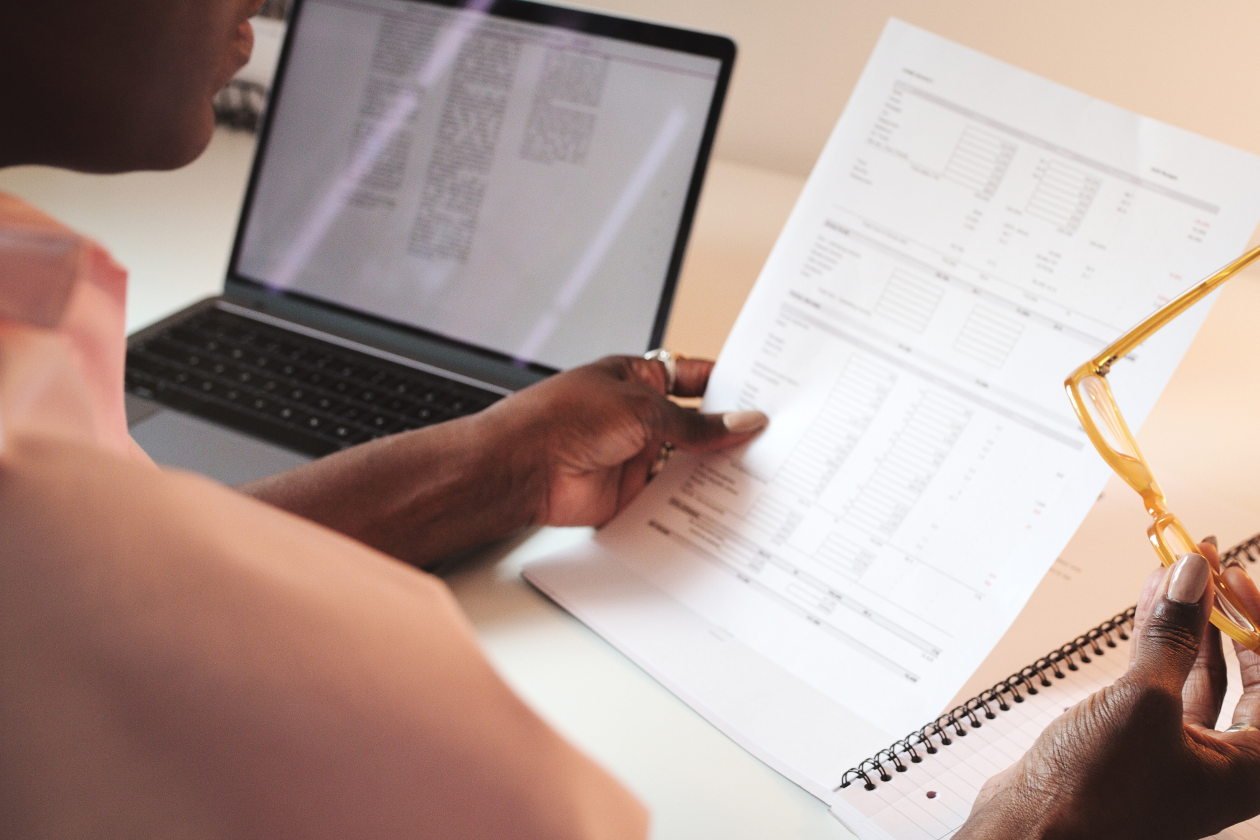HMRC are estimated to make a record £10.4bn in tax on savings interest in 2024/25. Last tax year, it was just £6.6bn.
That would be a 58% rise and a whopping 740% increase since 2021.
But with these sharp rises in HMRC’s tax revenues, what can savers do to shelter their savings?
This article isn’t personal advice. If you’re not sure if an action is right for you, ask for advice.
Why are tax revenues rising so fast?
Between 2020 and 2022, revenues were on a steady decline. But after 2022, they’ve risen sharply.
Tax year | Amount raised |
|---|---|
2019-20 | £1.6bn |
2020-21 | £1.4bn |
2021-22 | £1.2bn |
2022-23 | £3.4bn |
2023-24 | £6.6bn |
2024-25 | £10.4bn (estimation) |
There are two main reasons for this.
1. Tax thresholds on ice
The first is the ongoing freeze on tax thresholds.
In 2022, then Chancellor, Jeremy Hunt, froze income tax thresholds until 2028. This included allowances like the personal allowance, higher-rate threshold, and the personal savings allowance. The additional-rate threshold was also lowered.
With wages rising, and tax thresholds staying the same, more taxpayers will move into higher tax bands and end up paying more tax.
This is called ‘fiscal drag’.
It brings more money into the Treasury, without having to actually raise tax rates.
The frozen personal savings allowance is £1,000 for basic-rate taxpayers, and £500 for higher-rate taxpayers. Additional-rate taxpayers don’t have a personal savings allowance at all.
2. Stubbornly high interest rates
The second factor is interest rates staying high at 5.25%. Alongside that, competitive savings rates are still around 5%.
With thousands of savings deals available right now, it’s the most intense battle for savers since 2012.
For those with more tucked away in savings products, like many in retirement, they’ll have been earning interest at higher rates for some time – leading to higher tax bills.
Interest rates are expected to fall in the near future, but the cuts will likely come slowly.
It means savers could still be paying more tax for a while longer – particularly those who have locked in a fixed rate.
What can savers do about it?
With new policies to fund, it’s unlikely the new Chancellor Rachel Reeves will look to unfreeze the thresholds any time soon.
So, here are a few ways to start saving on tax right away. What’s right for you will depend on your goals. If you’re going to need the money within five years, cash savings options are likely to be the best choice..
If you’re goals are for the longer-term, more than five years, investments usually give you a higher return compared to cash savings. But unlike the security offered by cash, with investing nothing is guaranteed and there’s a chance you could get back less than you invest.
Product and tax rules can change and benefits depend on personal circumstances.
Cash ISAs
Any interest you make on your savings in a Cash ISA is sheltered from UK tax. And you can pay in up to £20,000 as part of the annual ISA allowance.
Cash ISA popularity has exploded in the last two years, with savers today holding a record £372bn. That’s over £20bn more than the start of the year.
The Cash ISA market has grown, but with so much choice, it can be hard to find the best rates.
The HL Cash ISA can help.
As part of an online savings platform, it brings competitive rates from different banks and building societies into one online account.
The Cash ISA also lets you spread your money across fixed-rate, easy-access, and limited-access products. All offered by different banking partners.
Through one easy-to-use login, you can switch between banks as much as you like when your terms come to an end.
Products can be added or withdrawn at any time.
Top up your pension
If you want to invest for the future, you can top up your pension.
Putting money into a pension can cut the amount of tax you pay. You can reduce how much income tax you pay by adding money into a workplace or personal pension (like a Self-Invested Personal Pension). And for higher earners, the tax perks are even more attractive.
Remember, you can only usually access money in a pension from age 55 (rising to 57 from 2028).
If you’re a UK resident under 75, you can usually pay up to £60,000 into pensions each tax year and get tax relief from the government. You’ll only get tax relief on personal pension contributions up to 100% of your earnings, or £3,600 – it depends on which is higher.
If you’ve already taken money from your pension, or you’re a high earner, you might have a lower annual allowance.
How much tax relief you get on your pension contributions, depends on which tax bracket you’re in.
This website is issued by Hargreaves Lansdown Asset Management Limited (company number 1896481), which is authorised and regulated by the Financial Conduct Authority with firm reference 115248.
The Active Savings service is provided by Hargreaves Lansdown Savings Limited (company number 8355960). Hargreaves Lansdown Savings Limited is authorised and regulated by the Financial Conduct Authority (firm reference number 915119). Hargreaves Lansdown Savings Limited is authorised by the Financial Conduct Authority under the Electronic Money Regulations 2011 with firm reference 901007 for the issuing of electronic money.
Hargreaves Lansdown Asset Management Limited and Hargreaves Lansdown Savings Limited are subsidiaries of Hargreaves Lansdown plc (company number 2122142).




